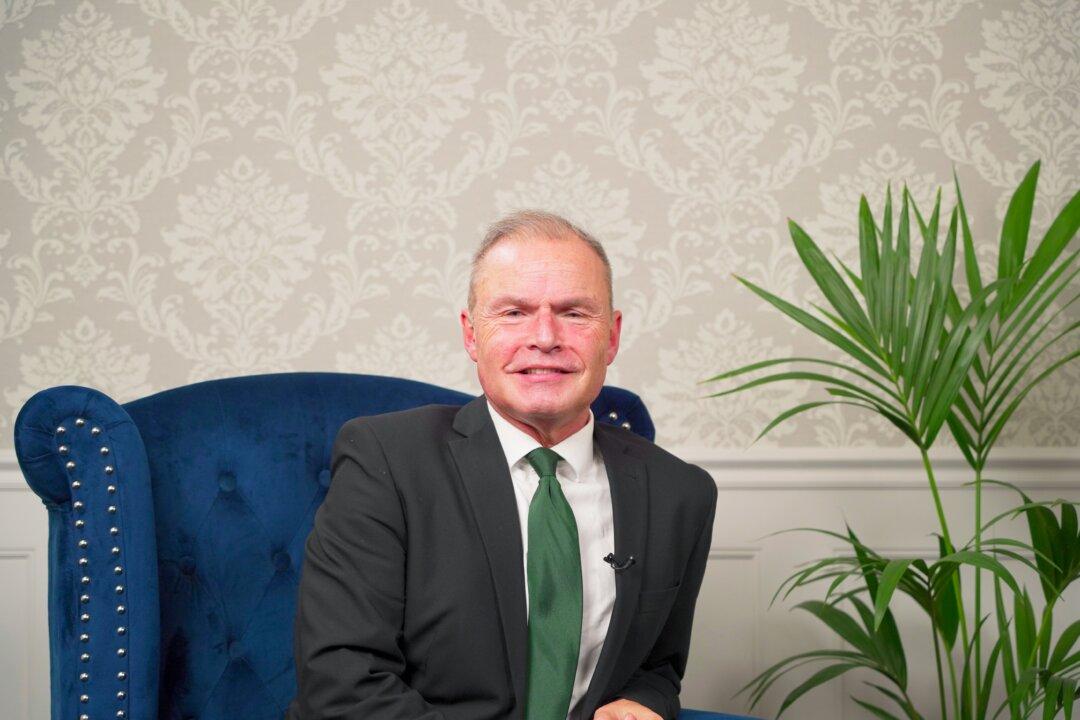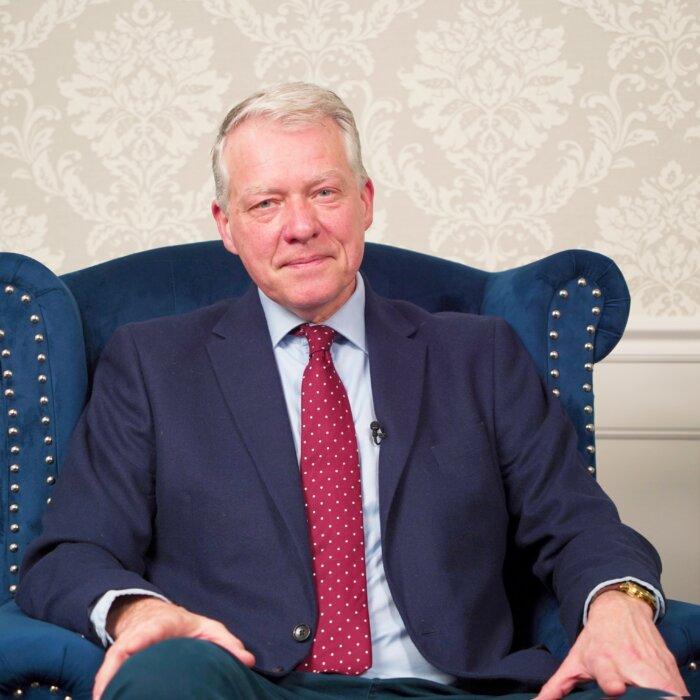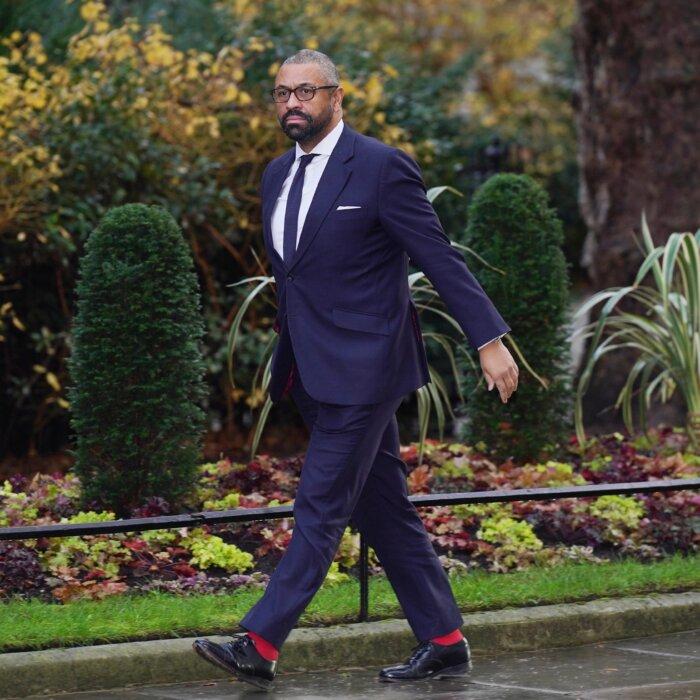It’s universally known the British are partial to self-deprecating humour, but their affinity for modesty has morphed into something entirely different, according to Peter Whittle, founder and director of the New Culture Forum (NCF).
Speaking to NTD’s “British Thought Leaders” programme, Mr. Whittle said of the lack of pride about British heritage, “ ... it’s not just a case of we’re doing ourselves down. There’s a complete difference between self-mocking humour and annihilation. And that’s what we are facing, really, at the moment.”
Mr. Whittle said he founded the NCF in 2006 in response to “a growing sense that free speech was constricting,” post-9/11 radical Islam, and the “very apparent” groupthink in broadcasting media.
Eighteen years later, the NCF has just named its new book “State of Emergency: A Voice for the Silenced Majority.” It’s the last book of its recent “culture war resistance” trilogy that followed “The Long March” and “Fighting Back.”
Mr. Whittle said he believes “all aspects” of the British culture “are seriously under attack,” mostly from within.
“Our cultural institutions no longer believe in what they do, what they’re meant to do. They want to decolonize their collections,” he said, listing the British Library and the British Museum as examples.
“The whole modus operandi is one of defensiveness, or not actually defensiveness, actual shame, shame about what the collections say.”
Mr. Whittle said British arts have broadly been “derided” or “downgraded,” and the British people have lost the sense of who they are or where they are from.
Mr. Whittle said education is “the most vital part of this attack” and that the shame for indigenous culture is particularly unhealthy when it’s combined with mass migration.
“What kids are being taught now, what they’re not being taught, that is a great worry for the future” because they no longer know what is good about Britain, he said.
“‘What is British culture anyway?’ You hear that all the time,” he said.
London and Mass Migration
And the issue of immigration is “allied” to this because “there is so much shame, or dislike, for the indigenous culture, ... there is also somehow just an uncritical attitude to any other culture,” Mr. Whittle said, “that any other culture is automatically more interesting, is more enriching and all of these things, it’s not necessarily the case.”The level of immigration to the UK has grown significantly in the past three decades, which a surge after 2021.
In 2022, immigration added a record 745,000 people to the population, according to the Office for National Statistics (ONS). The ONS also projected that the population will grow by 6.1 million in the five-year period by mid-2026.
The demographic and cultural change has disproportionately affected London.
For Mr. Whittle, a Londoner, who has recently moved out the the capital, the city has become unrecognisable.
“My parents were from South London, working class people from Peckham, moved out to the suburbs,” he said.
“Essentially, their type of Londoner—I include myself in that—is pretty much extinct now.”
“If you lived in Paris for four years, ... would you immediately call yourself a Parisian? I don’t think I would, I mean, it would almost be slightly, well, self-deluding, but also arrogant in a way,” he said.
“But this kind of way in which the essence of London has now been changed from—having been a city that was organically the capital city of this country, with its very particular traditions, and it had grown over 1,000–2,000 years—and what has happened to it now is that it’s just become a kind of place that you can belong to if you sign up to a whole set of, I would say, liberal values.”
Mr. Whittle is sceptical of the idea that a city or a company can have values.
“It’s always a sign that there’s been capture, political capture, if someone starts talking about values, but in London now ... it does feel very much that kind of woke, liberal mindset is the dominant one,” he said.
While disagreeing with Mr. Khan and his idea of what London is, Mr. Whittle does not believe the incumbent mayor is solely responsible for the transformation of the capital, which he said has “happened over a longer period than that, but then a very short period.”
Apart from cultural transformation, London has also become “much more money orientated than it ever used to be,” and has changed demographically, Mr. Whittle said, noting that White British is now a minority.
The ONS estimated that in 2019, some 43.35 percent of London’s population were White British. According to ONS historic data cited by Policy Exchange, it’s down from 45 percent 2011, 58 percent in 2001, and 71 percent in 1991.
Mr. Whittle said the speed of demographic transformation is “quite extraordinary.” However, it has been a taboo subject while “millions of people would have something to say about that.”
Mr. Whittle said he believes a city, or a country, “develops and grows through a set of traditions and communal experiences” and other nuances, and “they just simply disappear if the population is no longer there.”
If the current trend of demographic change continues, “white British people will be a minority in their own country within ... easily under 40 years,” Mr. Whittle said.
He believes the current level of immigration is not sustainable.
“You’ve got to be able to have a breather and basically get your house in order, put a new system in place, and all that requires time,” he said, advocating for a moratorium for around 20 to 25 years.








